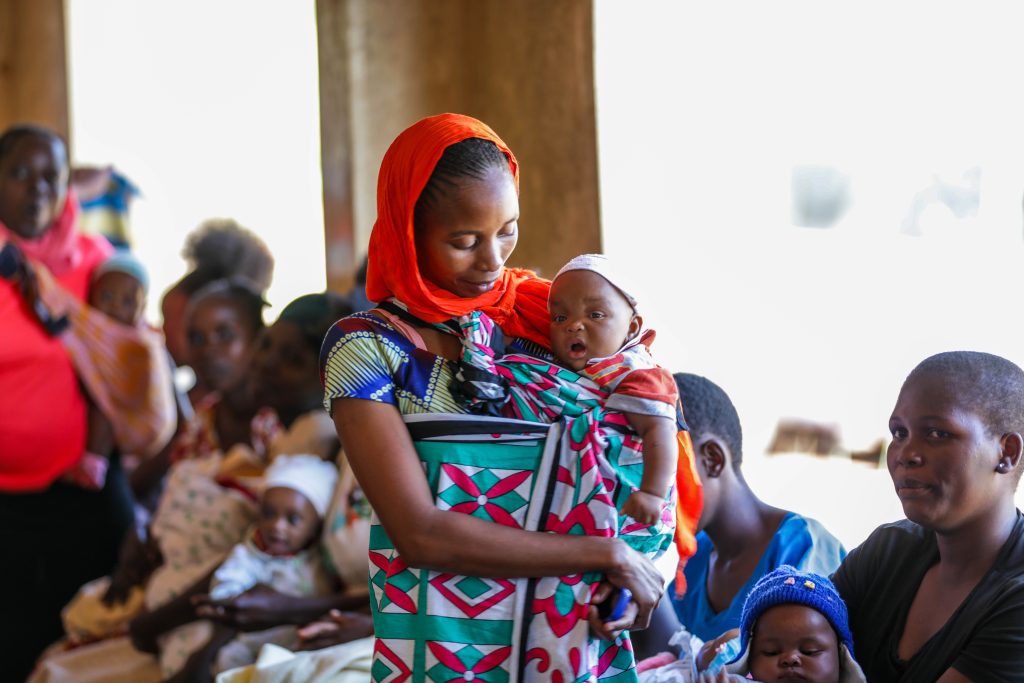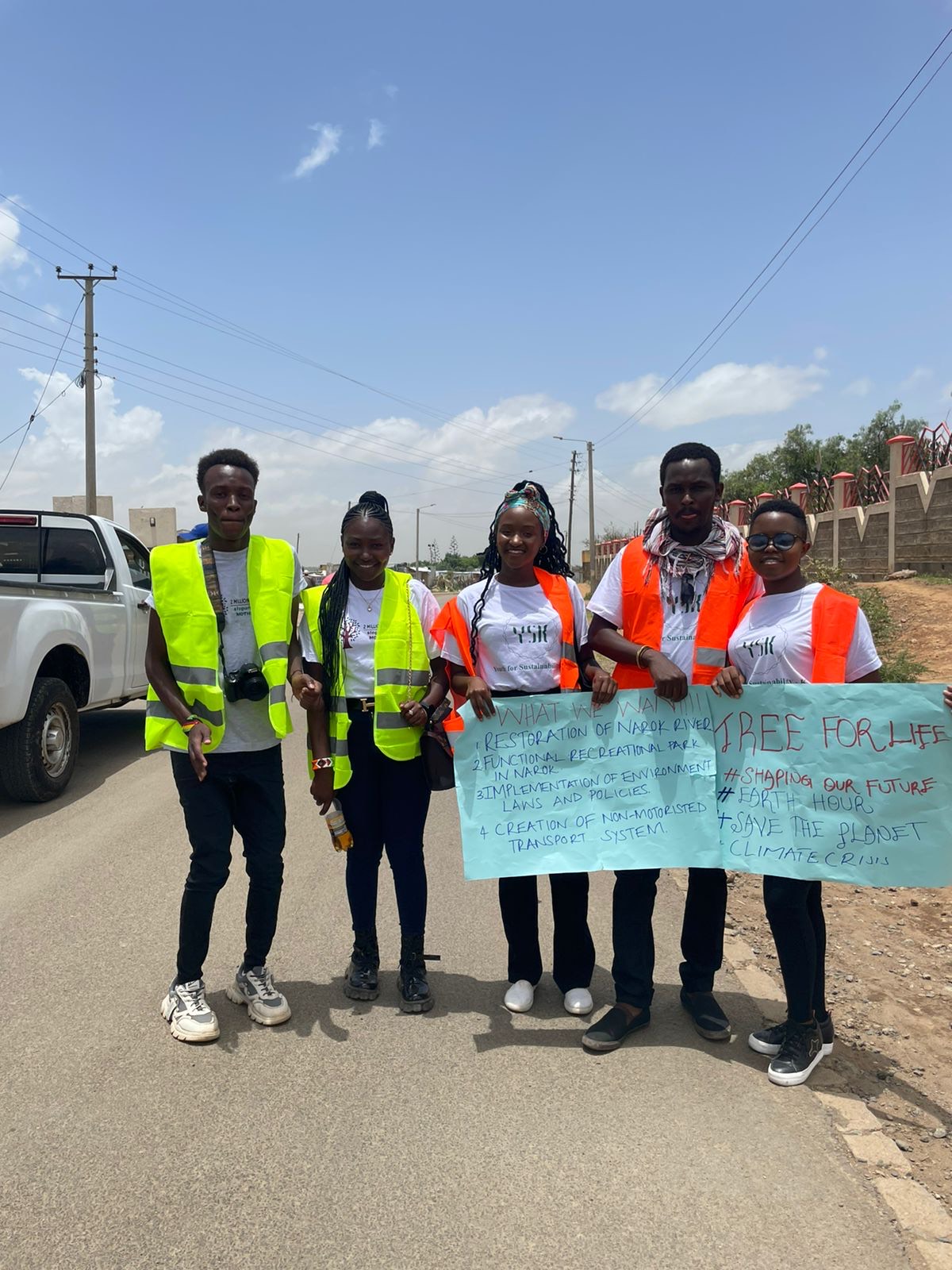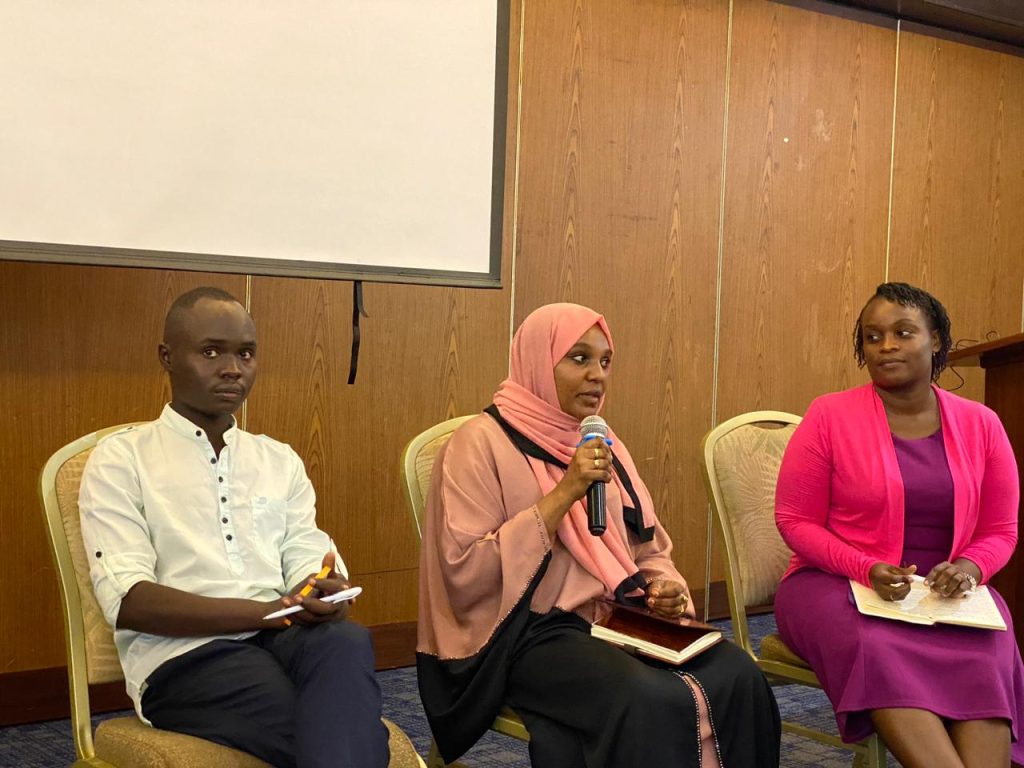The African Center for Health, Climate & Gender Justice Alliance (ACHCGA) stands at the forefront of a global advocacy campaign demanding urgent action to address the escalating burden of climate change-induced loss and damage. As the world gathered at COP 29 in Baku, a critical yet contentious development emerged: Rule 16 was recommended under the Loss and Damage Fund. Far from accelerating progress, this procedural maneuver has stymied the long-overdue process of ensuring reparations for the most affected communities. It is a stark reminder that, despite years of promises, climate justice seems elusive.
Kenya is a stark testament to the devastating consequences of inadequate global climate action. The nation’s vulnerabilities to the climate crisis are not theoretical; they are palpable and mounting. With economic losses currently estimated at 3-5% of its Gross Domestic Product (GDP) annually, projections indicate that this figure could balloon to 9% by 2050. This reality is more than numbers on a spreadsheet—it’s livelihoods destroyed, ecosystems degraded, and infrastructure crumbling under the weight of a changing climate. For Kenya and other nations in the Global South, climate-induced loss and damage are not distant threats; they are daily crises.
This grim trajectory underscores the urgency of the #PayUp4LossAndDamage campaign, a clarion call for a global commitment to rectify these climate injustices. The campaign’s demands are clear: robust financial support, comprehensive capacity-building programs, and the deployment of cutting-edge technological solutions. But the road to justice is riddled with obstacles, as demonstrated by the paralysis in Baku.
Rule 16, a procedural fallback invoked when parties fail to reach consensus, has effectively delayed substantive progress on the Loss and Damage Fund. This bureaucratic quagmire disproportionately affects nations like Kenya, where the stakes are existential. While wealthier nations debate semantics and procedural minutiae, the most vulnerable continue to bear the brunt of climate inaction.
Yet, amidst this frustration, there is resolve. ACHCGA is galvanizing voices across the continent to demand accountability and action. The alliance’s approach is multifaceted, leveraging grassroots advocacy, policy influence, and global solidarity to shift the narrative and demand reparations. The message is unequivocal: climate justice is not charity it is a moral imperative.
As we reflect on COP 29’s outcomes, the question remains: will the global community rise to the challenge? The clock is ticking, and the cost of inaction grows every day. The #PayUp4LossAndDamage campaign is more than a rallying cry; it is a movement demanding that promises made translate into tangible action.


